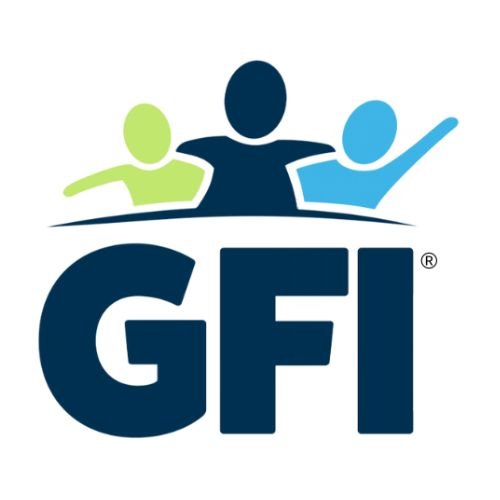Lead by Example
The past few days have offered Denise and me wonderful opportunities to communicate Good Friend's Awareness-Acceptance-Empathy message. As parents and professionals, we absorbed the teachings of dozens of speakers at the Autism Society of Wisconsin Conference. The closing keynote speaker on Sunday, Nicole Beurkens of Horizons Developmental Resource Center, offered one of my favorite "a-ha" moments of the three-day run: Making meaning of information is critical. We are quick to offer information to people and eager to see what they do with that information. But if they aren't able to attach appropriate meaning to that input, then the output will seemingly fall short.
During our presentations at both the ASW and WASC JAM (Wisconsin Association for Student Council Junior and Middle School) Conferences, Denise and I emphasized how important it is to give middle school students relevant information about autism so they can be aware of why peers with ASD experience the world differently. But awareness is not enough, as we all know. Because if we don't make meaning of why we need to understand the differences, then acceptance won't come easily, and empathy may not be an outcome at all.
Ellie Trewyn, narrator of our award-winning film Choosing To Be a GFF (2011), along with Jacob Schamens, another of the film's stars and the older sibling of a brother in middle school with autism, were critical to creating meaning for the 5th through 9th grade students who attended our WASC JAM Super Sectional presentations yesterday. Throughout the presentation, these high school freshmen were able to tell their peers how their perceptions of autism and bullying had changed as a result of participating in Good Friend's development and production of the film, how important student leaders are, and what they've been able to accomplish in their own peer groups as far as acceptance goes.
 |
| In the hotel atrium following their WASC JAM Conference presentations are (left to right) Chelsea Budde, Ellie Trewyn, Jacob Schamens, Denise Schamens, and Dani Rossa. |
Ellie's stories highlight the importance of meaning. She said that while she's spoken with her close friends many times about her connection to the film and the cause, they were astonished when she took the initiative during a recent school lunch period to help a distressed friend with autism. Ellie was confused by their amazement over her gesture of kindness, assuming that any of them should and would have done the same thing. Her message to the students was clear: Do the right thing, no matter what your friends think. Being a leader means showing others the right thing to do, hoping they'll follow, but not caring if they don't.
We appreciate students who lead by example. We have one more week to accept nominations for our Good Friend in Education Award. Send Denise a short email about who you know who's demonstrating acceptance of autism.

